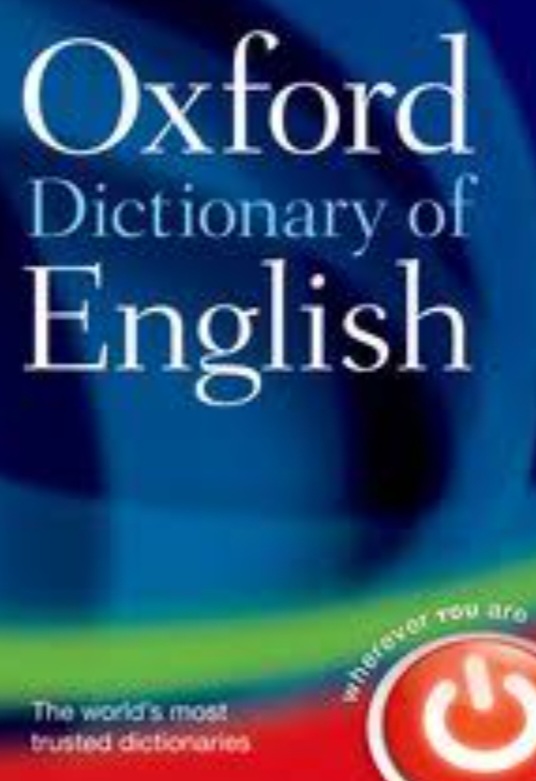Ololade Adeyanju & AP/
Oxford University Press has named “rizz″ as its word of the year, highlighting the popularity of a term used by Generation Z to describe someone’s ability to attract or seduce another person.
It topped “Swiftie” (an enthusiastic fan of Taylor Swift), “situationship” (an informal romantic or sexual relationship) and “prompt” (an instruction given to an artificial intelligence program) in the annual decision by experts at the publisher of the multivolume Oxford English Dictionary.
The four finalists were selected by a public vote and the winner was announced yesterday.
Rizz is believed to come from the middle of the word charisma, and can be used as a verb, as in to “rizz up,” or chat someone up, the publisher said.
“It speaks to how younger generations create spaces — online or in person — where they own and define the language they use,” the publisher said. “From activism to dating and wider culture, as Gen Z comes to have more impact on society, differences in perspectives and lifestyle play out in language, too.”
As for Merriam-Webster, the American publisher included “rizz” on its list of the year’s top words but gave first place to “authentic.”
Authentic cuisine. Authentic voice. Authentic self. Authenticity as artifice. Lookups for the word are routinely heavy on the dictionary company’s site but were boosted to new heights throughout the year, editor at large Peter Sokolowski told The Associated Press in an exclusive interview.
“We see in 2023 a kind of crisis of authenticity,” he said ahead of the announcement of this year’s word. “What we realise is that when we question authenticity, we value it even more.”
Sokolowski and his team don’t delve into the reasons people head for dictionaries and websites in search of specific words. Rather, they chase the data on lookup spikes and world events that correlate. This time around, there was no particularly huge boost at any given time but a constancy to the increased interest in “authentic.”
This was the year of artificial intelligence, for sure, but also a moment when ChatGPT-maker OpenAI suffered a leadership crisis. Taylor Swift and Prince Harry chased after authenticity in their words and deeds. Musk himself, at February’s World Government Summit in Dubai, urged the heads of companies, politicians, ministers and other leaders to “speak authentically” on social media by running their own accounts.
“Can we trust whether a student wrote this paper? Can we trust whether a politician made this statement? We don’t always trust what we see anymore,” Sokolowski said. “We sometimes don’t believe our own eyes or our own ears. We are now recognizing that authenticity is a performance itself.”
Merriam-Webster’s entry for “authentic” is busy with meaning.
There’s “not false or imitation: real, actual,” as in an authentic cockney accent. There’s “true to one’s own personality, spirit or character.” There’s “worthy of acceptance or belief as conforming to or based on fact.” There’s “made or done the same way as an original.” And, perhaps the most telling, there’s “conforming to an original so as to reproduce essential features.”
“Authentic” follows 2022’s choice of “gaslighting.” And 2023 marks Merriam-Webster’s 20th anniversary choosing a top word.
0






